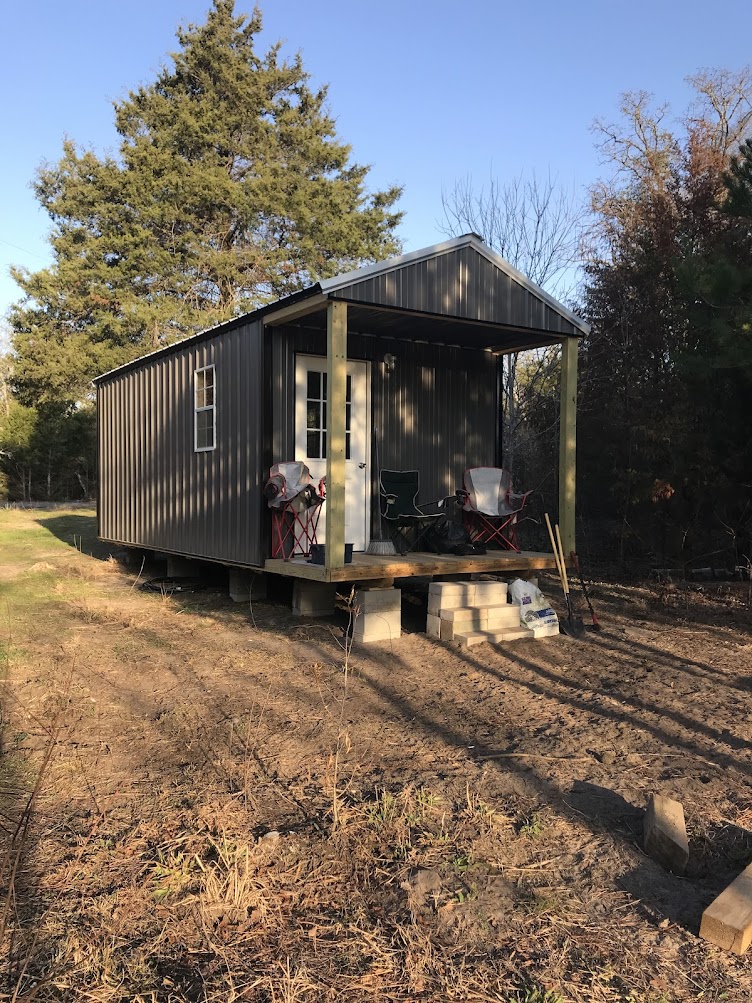Finding and evaluating homestead land can be a challenging and time-consuming process. Whether you are looking for a small plot of land for a backyard garden or a larger property for a self-sufficient homestead, there are many factors to consider. In this article, we will explore some key factors to consider when finding and evaluating homestead land.
Location
Location is one of the most important factors to consider when finding and evaluating homestead land. Look for land that is accessible and has easy access to resources such as water and sunlight. Consider factors such as zoning laws and regulations, proximity to town or city centers, and availability of local services such as grocery stores and healthcare facilities.
Soil Quality
Soil quality is an important consideration when evaluating homestead land. Look for land with nutrient-rich soil that is suitable for growing crops and plants. Consider factors such as pH levels, soil texture, and drainage. You may also want to have the soil tested before purchasing the land to ensure that it is suitable for your needs.
Water Resources
Water resources are essential for any homestead. Look for land that has access to clean and reliable water sources, such as rivers, streams, or wells. Consider factors such as water quality, availability, and seasonal fluctuations. You may also want to consider installing rainwater harvesting systems or other water conservation measures to supplement your water supply.
Climate and Topography
Climate and topography are important considerations when finding and evaluating homestead land. Look for land with a mild climate that is suitable for your needs, whether that involves growing crops or raising livestock. Consider factors such as rainfall, temperature, and wind patterns. Topography is also important, as steep slopes or rocky terrain can be challenging for farming and construction.
Accessibility and Utilities
Accessibility and utilities are important considerations when evaluating homestead land. Look for land that is easily accessible by road, and consider factors such as distance to the nearest power lines and availability of high-speed internet. You may also want to consider off-grid options such as solar panels or wind turbines.
Conclusion
Finding and evaluating homestead land can be a challenging and rewarding process. By considering factors such as location, soil quality, water resources, climate and topography, and accessibility and utilities, you can find land that is suitable for your needs and goals. Remember to be patient and thorough in your search, and to work with experienced professionals such as real estate agents and land surveyors to ensure that you make an informed decision. With careful planning and consideration, you can find and evaluate homestead land that meets your needs and allows you to live a self-sufficient and sustainable lifestyle.

No comments:
Post a Comment